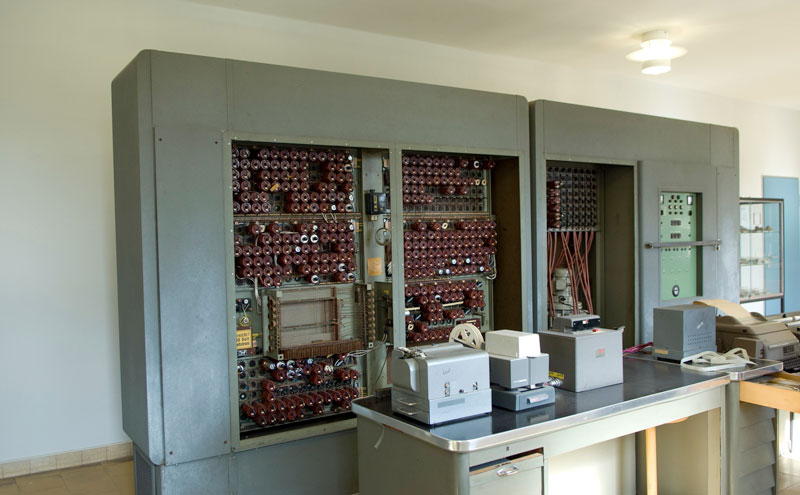IT Developers use various programming languages to write programmes.
It may not be immediately obvious to beginners that everything operating on your laptop is built upon a genuine “Tower of Babel.” This foundation comprises programs developed by various teams at different times, collaborating in a generally successful yet highly complex manner. Furthermore, these programs were created by teams that did not know each other and utilized different programming languages.
Programming languages represent a form of abstraction that can describe what should be happening in processing cores, such as those of your laptop, smartphone, tablet, or even the servers in a cloud data center.
What are the different languages?
Most of the early languages of the 1940s are no longer used.
In the 1950s and 1960s, we saw the arrival of Fortran, Lisp Cobol, and Basic… which are still used today, and others such as Algol, Pascal, and a few others that are now little used.
In 1973, programming began to play a significant role in the web infrastructure and operating systems such as Windows, macOS, and Linux.
C++ (object-oriented C), Ada, Eiffel, FP, Perl, and others arrived in 1980, but only C++ is still widely used today.
By the 1990s, we had a very creative year, with the arrival of the web and its champions: Haskell, Python, JavaScript, Java, PHP, and C# in particular (but not exclusively), which are still widely used today.
Other languages appeared in the 2010s and 2020s: Rust, Scala, Go, Dart, Swift, and TypeScript in particular (but not only) are the ones still in use today.
According to their use, these languages are ranked in the Tiobe index. Here is an extract:
| Language | Position | Usage% | Year | Age |
|---|---|---|---|---|
| Python | 1 | 22,85 | 1991 | 33 years |
| C++ | 2 | 10,64 | 1983 | 41 years |
| Java | 3 | 9,60 | 1995 | 29 years |
| C | 4 | 9,01 | 1973 | 51 years |
| C# | 5 | 4,98 | 2000 | 24 years |
| JavaScript | 6 | 3,71 | 1995 | 29 years |
| Go | 7 | 2,35 | 2010 | 14 years |
| Fortran | 8 | 1,97 | 1954 | 70 years |
| Visual Basic | 9 | 1,95 | 1991 | 33 years |
Why are there so many languages?
There is a commercial and academic competition to develop a language that will hopefully be adopted by a large community of developers worldwide.
There are also conceptual evolutions linked as much to the evolution of machine power as to the emergence of new paradigms.
Other languages are better suited to managing large data flows in parallel (such as what happens on cloud backend servers) or are adapted to embedded hardware (such as what happens on the screen of your car).
It’s a creative field!
Languages are not fixed; they change and evolve. However, it’s funny to note that most of the world’s IT infrastructure is based on the ancestor, C/C++ (the same family), which appeared 51 years ago.
Similarly with AI neural network engines such as those published by Mistral , OpenAI , Anthropic , Gemini , Meta AI , and others (?): C/C++ is at the heart of these engines.
It may be a creative field, but not everything moves so easily.
At the same time, certain languages have evolved and their foundations remain relevant, but it’s also not easy to rewrite what works perfectly and has accumulated years of experience.
Every developer masters one or more languages to a greater or lesser degree.
The more languages you know, the quicker and easier it is to learn them - because there are underlying links between all the languages, and these no longer have to be assimilated but facilitate acquisition.
How about J2S?
For a software publishing company like J2S, choosing the right programming languages is a strategic decision. Choosing the right programming languages for specific tasks is essential due to the software’s potential long lifespan.
As Jean-Yves describes in his article “ The technologicial sirens song ” you need to know how to jump on the right bandwagon!
The J2S Simple Workspace software utilizes various programming languages such as C/C++, JavaScript, and PHP. These programming languages are reliable and enduring options that have remained relevant over the years and are expected to continue doing so.
Looking for more information about J2S or J2S Simple Workspace? Contact us : We would be happy to hear from you.
D. Lantier
Business Developer











